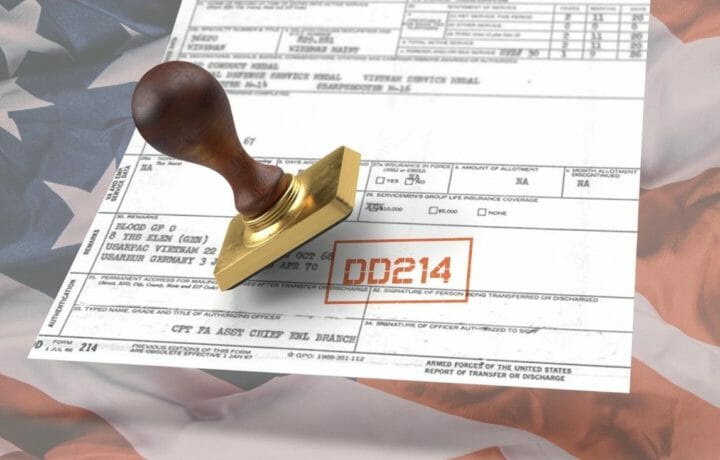Recession talk is in the news, and rising inflation, the war in Ukraine, and the recent failure of major banks have many people fearful of what the future may hold. Some economists are certain that a recession is coming, possibly as soon as the end of the year, while others are more hopeful that we may just experience a period of slower economic growth.
Recessions are hard on everyone, including veterans. Studying veterans’ employment during the two most recent recessions reveals ways veterans can prepare for their future and hopefully avoid unemployment.
How have veterans’ jobs fared in recent recessions?
RAND Corporation’s recent study, titled Veterans’ Employment During Recessions, examines career prospects for veterans who separated from service during the Great Recession of 2008 and the COVID-19 pandemic of 2020.
The recessions had different causes, affected different industries, and lasted different lengths of time. While they were unique, they did reveal some interesting trends for veterans who were in or entering the workforce at the time of the recession.
Each recession impacted different industries. Since veterans tend to gravitate toward industries like manufacturing, they were more affected during the Great Recession when manufacturing employment plummeted.
But industries like travel and leisure were impacted more than manufacturing during the COVID-19 Pandemic, and veterans are less likely to be employed in those industries. As a result, veterans didn’t suffer from unemployment during the COVID-19 Pandemic at the same rate as their nonveteran counterparts.
What about newer veterans?
“Historically, workers who enter the labor market during an economic downturn earn lower wages and experience higher unemployment rates, with the effects lasting for years or decades,” the study states.
Besides facing potentially lower wages, newly separated veterans may face the additional challenge of finding a job at all.
While unemployment remained lower for older veterans than the general population during the Great Recession of 2008 (peaking at 7.9% for older veterans compared to 9.2% for nonveterans), the same wasn’t true for veterans who reentered the workforce during the recession. The unemployment rate for new veterans peaked at an astounding 13.9%, much higher than for nonveterans.
However, the opposite was true for the COVID-19 pandemic. Nonveterans’ unemployment rates peaked at 14.5%, while the rates for veterans and new veterans were lower at 12.1% and 12.9%.
While unemployment rates varied, veterans who had full time jobs during the recessions still earned approximately 20 percent more than their nonveteran counterparts.
Recently separated veterans need more support
Veterans have unique challenges when they enter the workforce. Their work experience may not seem to translate well into the public domain. They may also need to build a resume, choose where to live, and apply for jobs – all for the first time ever. In the face of a possible upcoming recession, what can veterans do to ensure they land on their feet?
Choosing a “recession-proof” industry may not be possible, since it’s hard to tell yet what industries may be impacted by future recessions. However, organizations can provide veterans with guidance by making industry growth projections for veterans who will enter the job market in the next decade. According to RAND, industries with high projected growth include education and health services (projected to grow 12.9% by 2031) or leisure and hospitality (projected growth of 13.6%). If veterans enter industries with more overall expected growth, their jobs may be more insulated from future recessions.
Other opportunities for research include advising veterans on historical patterns of industries in certain geographical areas. Choosing where to live is also important because unemployment compensation is based on where you live, rather than where you last served.
As previous recessions have shown, it’s impossible to predict the future. But providing guidance and information to recently separated veterans can help them find more career opportunities to prepare for an uncertain economic future.



